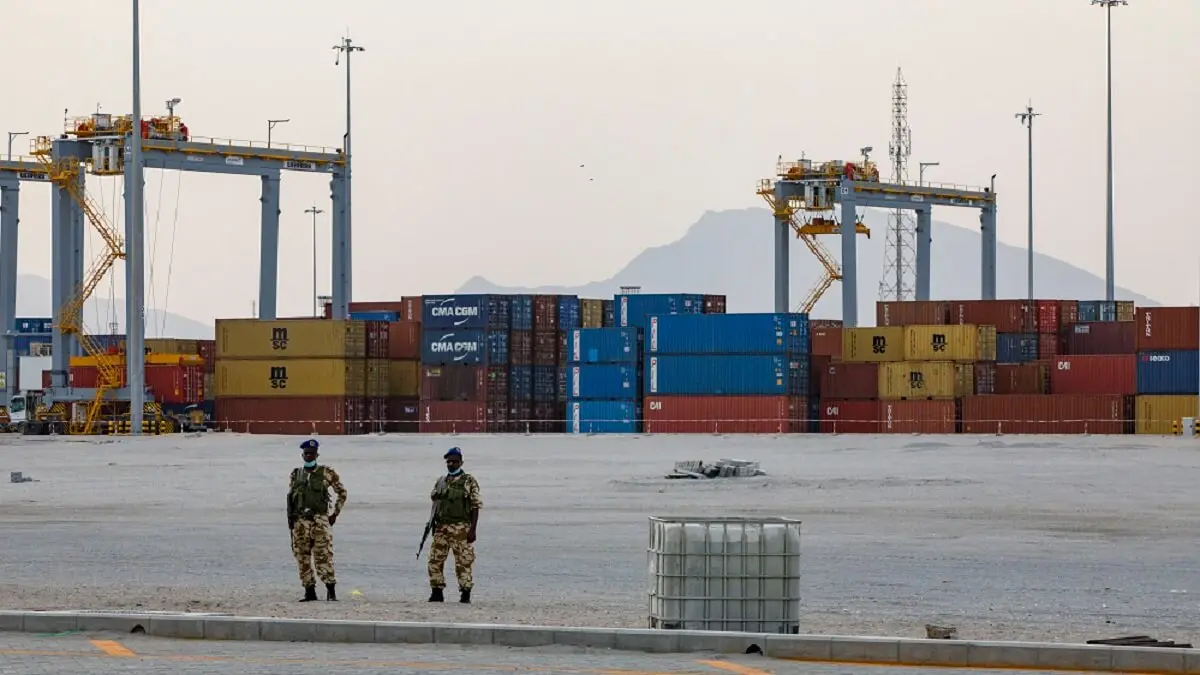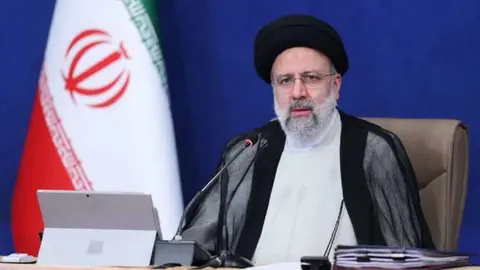Ethiopia leases a sea outlet to Somaliland

The Red Sea, which separates the African continent from Southeast Asia and through which more than 10% of international maritime trade passes, has in recent days become a hotbed of tension with unforeseeable consequences.
New source of conflict in the Red Sea
The trouble began less than a month ago when the Houthis, the Iranian-backed militia that controls northern Yemen, began attacking merchant ships sailing in its waters with rockets. The aggression, intended as a response to US support for Israel in the war in the Gaza Strip, immediately triggered an international reaction led by the United States and backed by the European Union.
The first serious incident between a defence unit and a Houthi ship resulted in five casualties. In the meantime, traffic through those waters began to be diverted by the longer route, resulting in serious delays in the supply of goods and a consequent increase in the prices of certain products, including oil, which consumers, both industrial and private, have already begun to suffer. Iran, which is widely blamed for the current crisis, has made no secret this time of its support for the aggressors, to whom it provides weapons, including rockets similar to those used by Hamas to launch its attacks on Israeli territory.
In the midst of this situation, the news that Ethiopia has reached an agreement with the Republic of Somaliland, which has been separated from Somalia for 32 years, without having obtained any official recognition, neither from international organisations - the UN, the African Union or the Arab League - nor from any other country, comes as a surprise. The government of Addis Ababa, presided over by Abiy Ahmed - Nobel Prize winner in 2019 - will be the first to do so, but not without heavy criticism, in exchange for an agreement with the secessionist authorities for a 20-kilometre strip of land that will give it access to the port of Berbera for fifty years.
Ethiopia has been landlocked since Eritrea's independence in 1991, and this had significantly damaged its economy. Its exports were carried out via Djibouti, the first to suffer from the damage that the loss of a large percentage of its port's activity will cause. Abiy Ahmed, whose image as a great statesman was tarnished when he declared war on the Tigray region in 2020, a year after receiving the highest award as a peace advocate, justified the agreement by arguing that 106 million Ethiopians need to open development paths for their survival and even recalled that there are historical rights for Ethiopia to have an outlet to the sea.
The news has brought the existence of the secessionist Republic of Somaliland back into the spotlight, just as it was recovering relations with Somalia, its former state, and the flimsy government in Mogadishu, a capital besieged by terrorism that survives amidst the territorial chaos it suffers. Somaliland, whose capital is Argesia, has a population of just over three and a half million.
Although it cannot legally be considered an independent state, in practice it does have democratic and institutional structures that are impressive: it has a constitution, a parliament, holds regular elections and its president, Muse Bihi Abdi, was re-elected in 2017. The country also has its own currency, postage stamps and telephone network with one of the highest percentages of mobile phones per capita.



